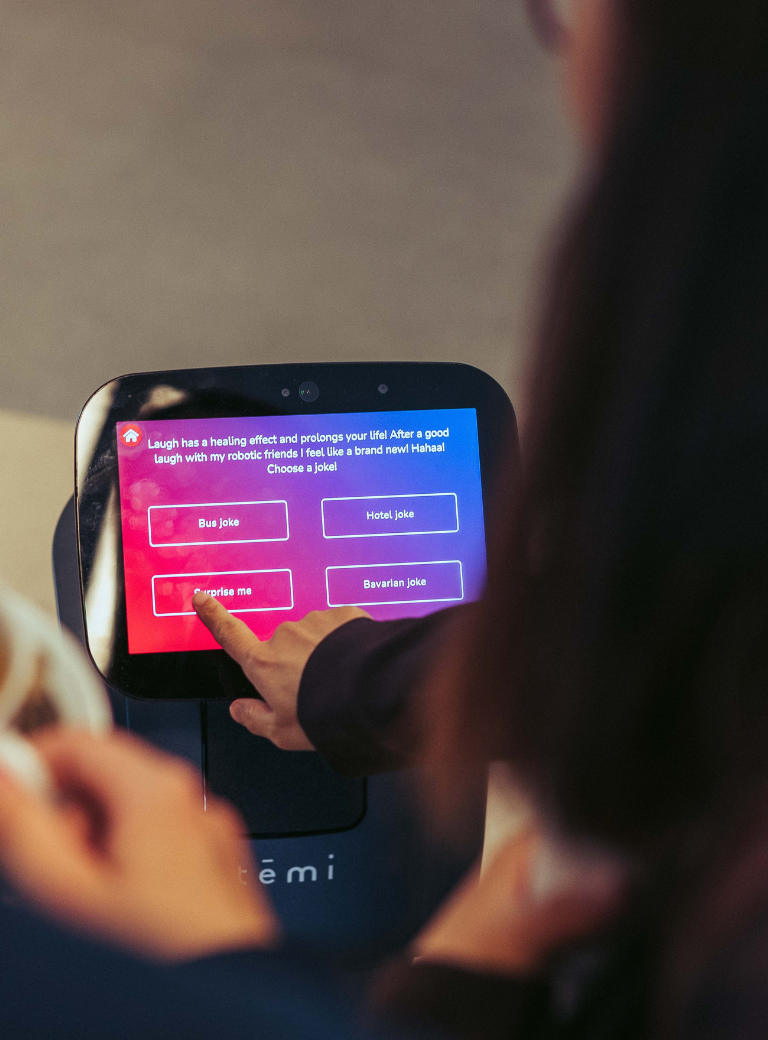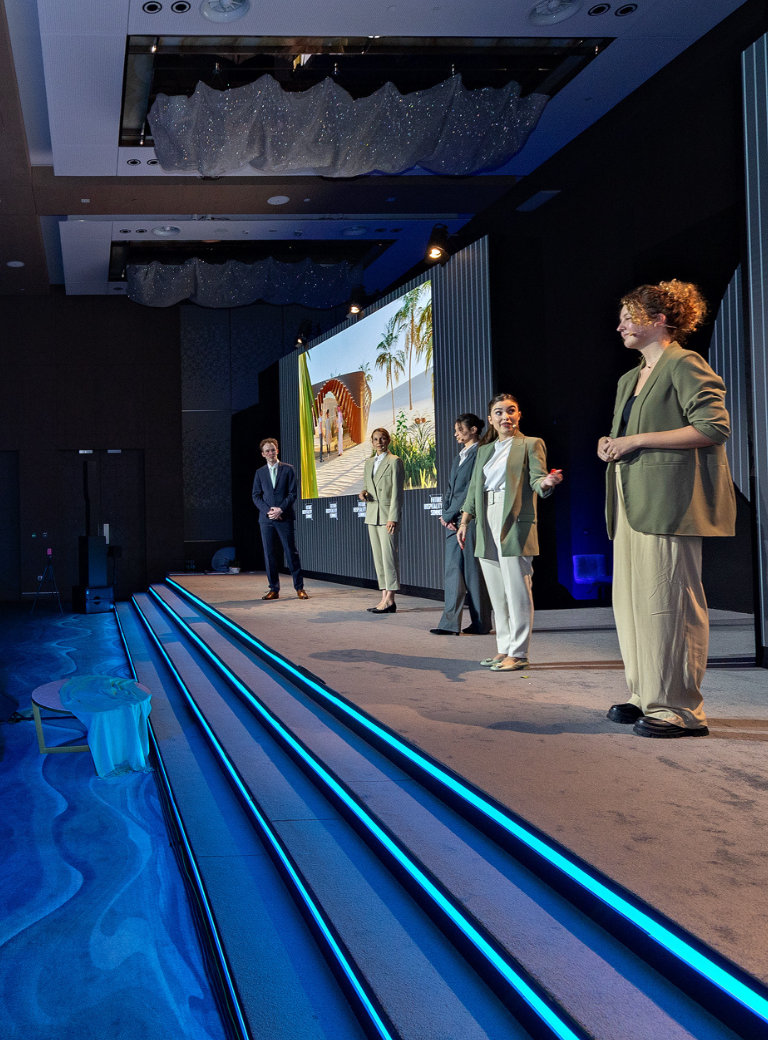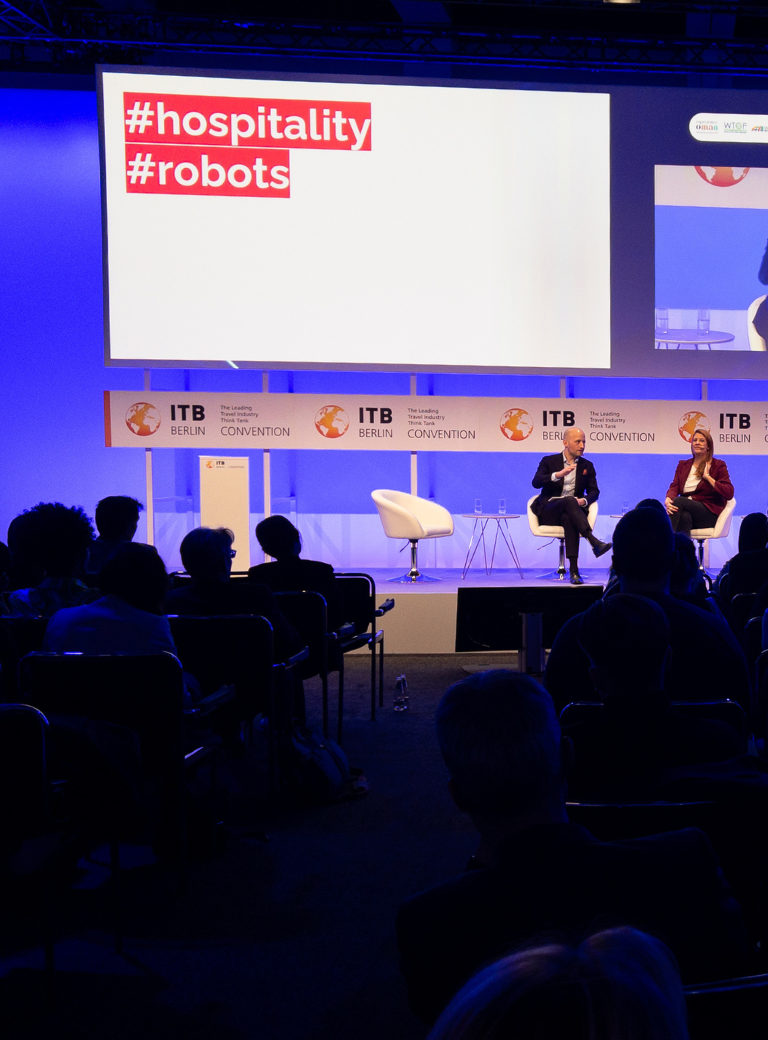
Anna de Visser-Amundson's paper in the Journal of Marketing Research
As part of a research project that was set up four years ago on Food Circularity, we are proud to announce that our project initiator and driving force Ms Anna de Visser-Amundson has published a paper on “How Association with Physical Waste Attenuates Consumer Preferences for Rescue-Based Food” in Journal of Marketing Research.
This is part of Ms de Visser-Amundson’s PhD dissertation, and an impressive achievement to publish her first project in such a world class journal. This is also a great external validation of the level of our research at Hotelschool The Hague. Ms de Visser-Amundson is absolutely delighted and also extremely grateful to her co-authors, colleagues, manager, students and the HTH Board of Directors who have supported her on this journey. Hopefully there are many more to come! For now, here is an abstract of her paper:
“In an effort to combat food waste, many firms have introduced rescue-based foods (RBF) which are made from ingredients that are safe to eat but would otherwise be wasted, often due to aesthetic deviations or oversupply. Although the benefits to RBF are varied, some firms adopt strategies that highlight waste reduction properties, such as reduced landfill use or lowered impacts on the environment. The current research posits that when firms adopt strategies that highlight physical waste associations with RBF, those associations can generate negative mental imagery with consumers, which can trigger disgust and mitigate positive consumer attitudes toward RBF. We demonstrate that when such associations are not present, demand is consistent with demand for conventional food products. We find support for the role of mental imagery in this demand mitigation process, with some promotional appeals stimulating thoughts of physical waste. Counterintuitively, the current research reveals that when marketers adopt the common practice of using environmental benefit appeals that can trigger waste physical associations, such as the color green, consumer demand for rescue-based food diminishes. Conversely, focusing on the societal benefits or limiting the number of cues available to create physical waste associations generates consumer demand for these foods to a level equivalent to that for conventional food."
De Visser-Amundson A, Peloza J, Kleijnen M. EXPRESS: How Association with Physical Waste Attenuates Consumer Preferences for Rescue-Based Food. Journal of Marketing Research. June 2021. doi:10.1177/00222437211031243





